Over the past few weeks, Vladimir Putin has been rapidly mobilizing and deploying Russian troops and weapons along the country’s border with Ukraine. These recent events echo similarities to Russia’s 2014 annexation of Crimea, and begs the question, “Why Ukraine?”
Ukraine has long been a battleground for empires. It’s a legacy that is even engraved in the country’s name itself, with the word “Ukraine” roughly translating to “borderland.”
Ukraine is the second-largest European nation by area after Russia, which means its geography is of the utmost strategic importance. In geopolitical terms, Ukraine is essentially a funnel into Russia’s heartland. Its eastern border with Russia is completely flat, meaning a Western-allied Ukraine could, in Putin’s eyes, become the most strategic launching point for a NATO-led invasion of Russia.
It is no wonder then that Putin’s chief demand towards the West is to block Ukraine from joining NATO, as doing so would prevent the West, his main rival, from being able to deploy weapons right on Russia’s doorstep.
Because of this, most politicians, pundits and reporters have framed this military build-up as a high-stakes negotiation tactic on Putin’s part. He is essentially levying the threat of invasion in order to extract demands from the West.
Although Ukraine’s neutrality regarding NATO is ostensibly Russia’s primary concern, Putin may also be using this as an opportunity to test the resolve and unity of the West.
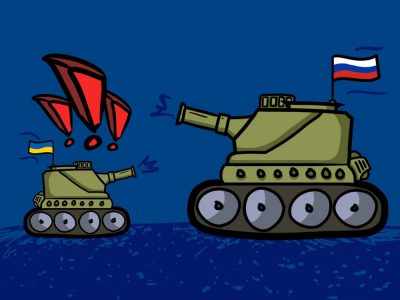
On Feb. 4, Putin and Chinese president Xi Jinping announced the formation of an alliance between Russia and China, stating their shared goals of ensuring the “redistribution of power” in the international system. Considering Putin’s growing aggression towards Ukraine is occurring simultaneously, his new alliance with China could be emboldening him to test the waters in Eastern Europe.
So far, the West has stood up to Putin’s advances, with many NATO countries — even including some of the smaller Baltic states — supplying Ukraine with much-needed weapons and supplies. Ukrainian members of parliament even showed their thanks by holding up the flags of countries who’ve come to their aid.
However, it’s not the displayed flags that tell the story, but rather the ones that are missing — notably, the tricolors of Germany. As one of the leading economic and political forces in Europe, Germany’s reluctance to support Ukraine has frustrated NATO.
Germany’s meager donations of 5,000 helmets has been decried by the mayor of Kyiv, Ukraine’s capital, as a joke. It pales in comparison to the heavy military donations given by other allies.
What is more troubling is Germany’s extensive energy ties with Russia. Despite recently halting the approval of Nord Stream 2, a recently completed pipeline that will supply Germany with cheap natural gas from Siberia, Germany’s willingness to commit long-term to energy sanctions is still dubious.
Natural gas has long been seen as a transitionary energy resource in the shift toward renewables. This is because immediately replacing coal and oil with renewables in their current state is unfeasible, and natural gas provides a lower emission alternative to buttress energy supplies while renewable infrastructure is being developed.
Given Germany’s commitment to its 2045 energy goals, it’s already decommissioned half of the nation’s nuclear power plants, and plans on closing the other half soon, as they prepare to undergo their energy transition. Combined with soaring natural gas prices and lackluster military aid, this seems to indicate a heavy reluctance to part with Russian energy supplies.
This may prove problematic in the future, as the United States has been relying on economic sanctions to deter and weaken a potential military invasion. Though, with Germany’s commitment level unclear, there are doubts as to how crippling these hypothetical sanctions could really be.
Germany’s reluctance seems to confirm Washington’s fears that Russia’s energy ties with Europe may drive a wedge in NATO. Though we are a long way from seeing the full implications of this energy conundrum, it may be a sign that energy concerns will be front and center in the West’s strategy against Russia.
Given the current state of global energy supply, this isn’t a hard conclusion to come to. What is ironic is that after almost a century of Western political cooperation, the very principles of economic interdependence that created the cohesive Western system have now become its main stumbling block.

















































































































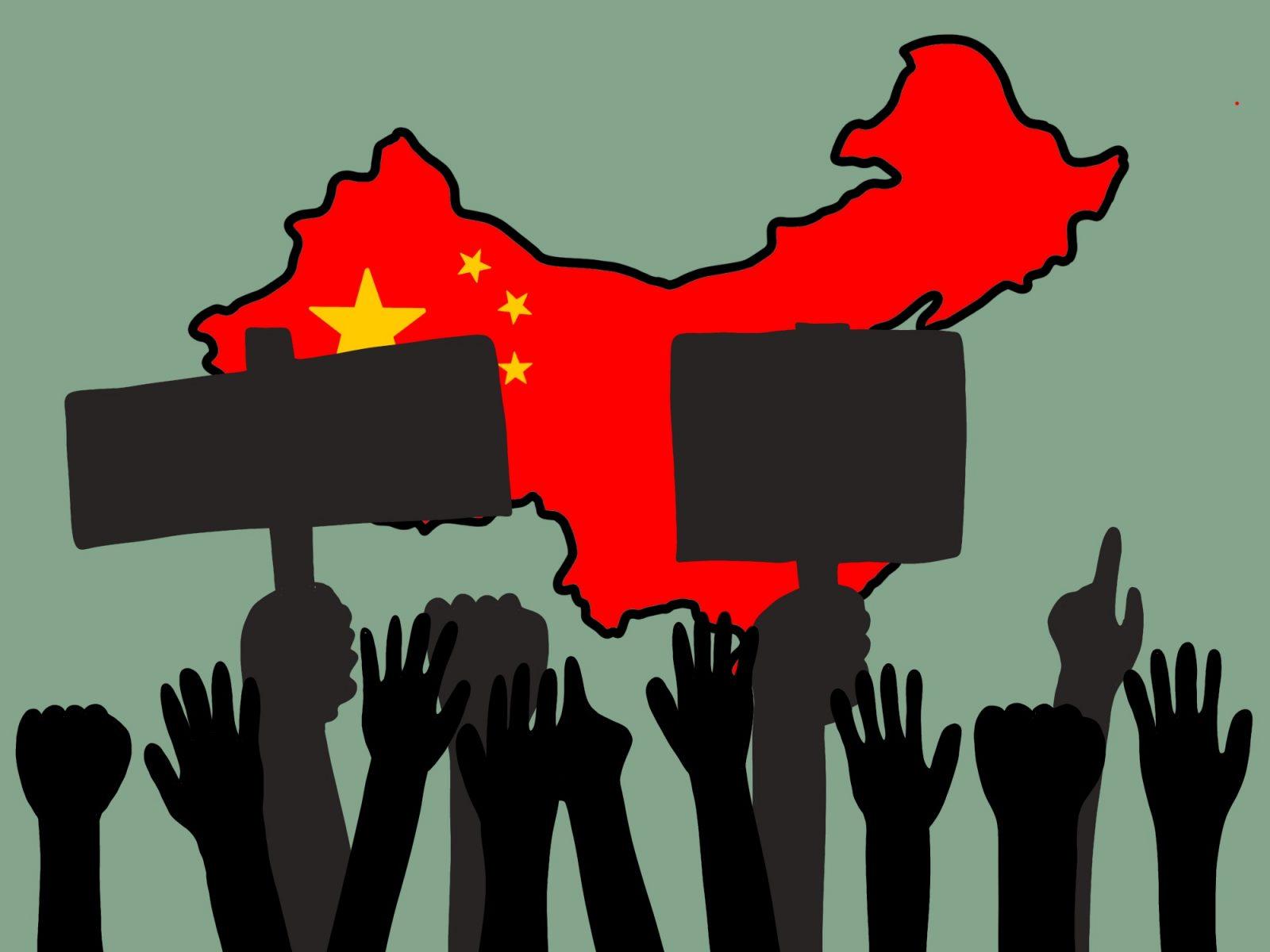
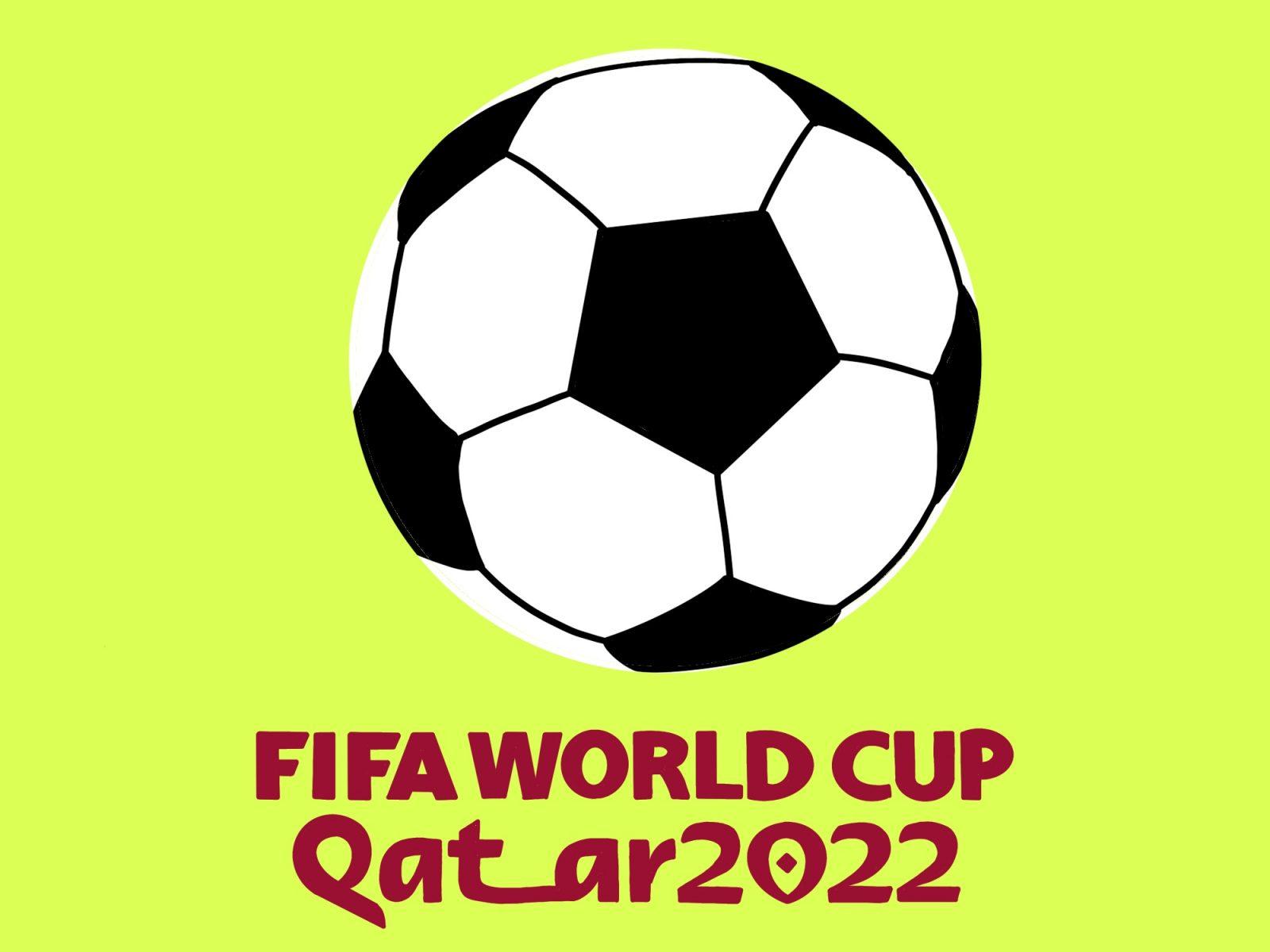

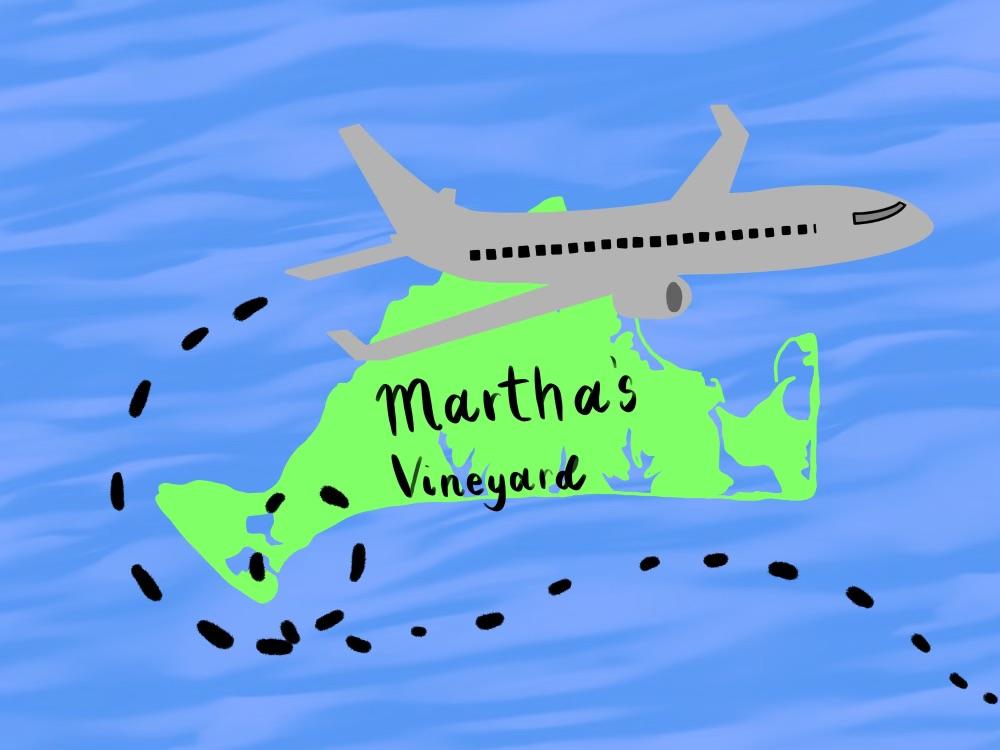
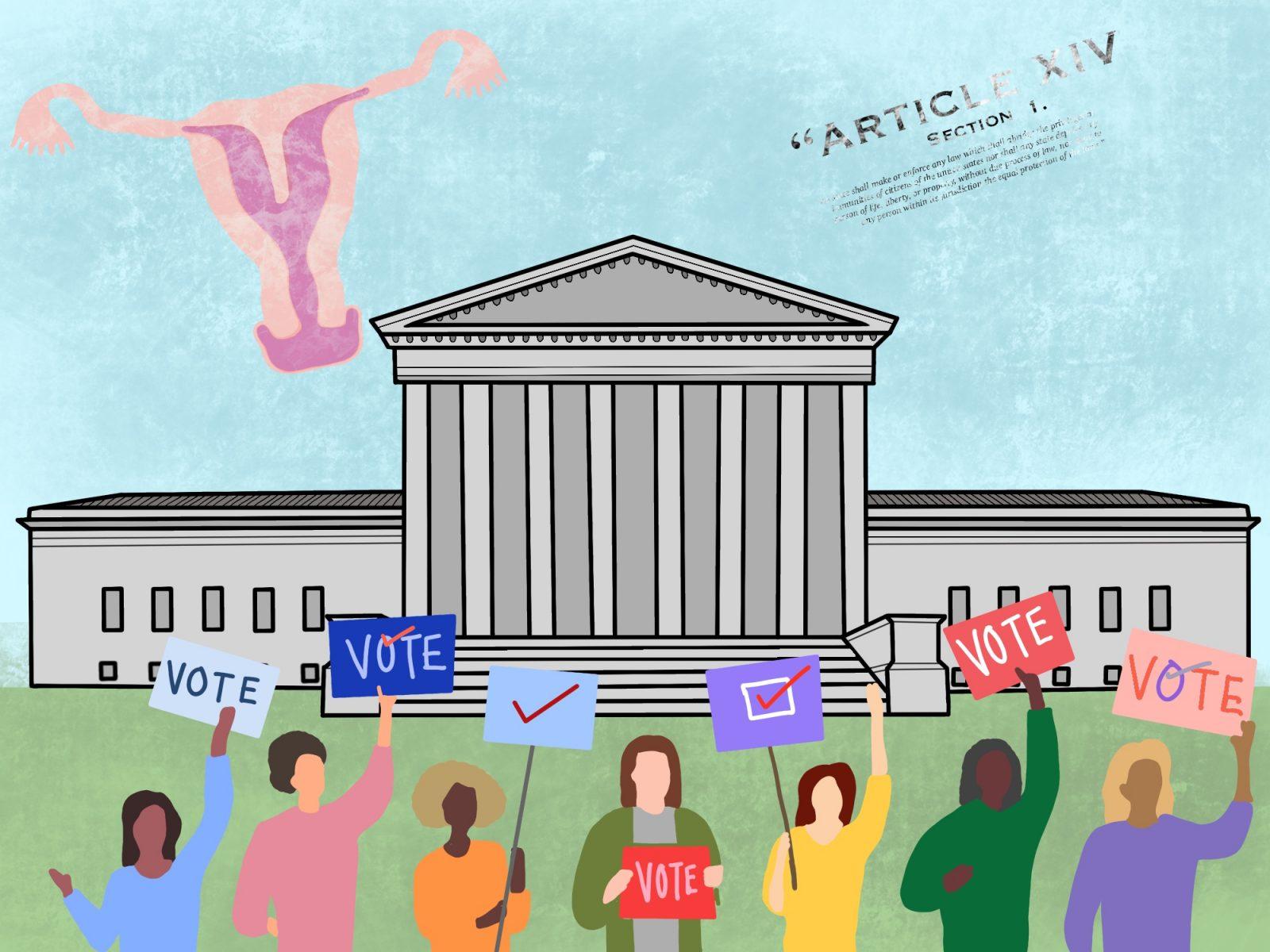
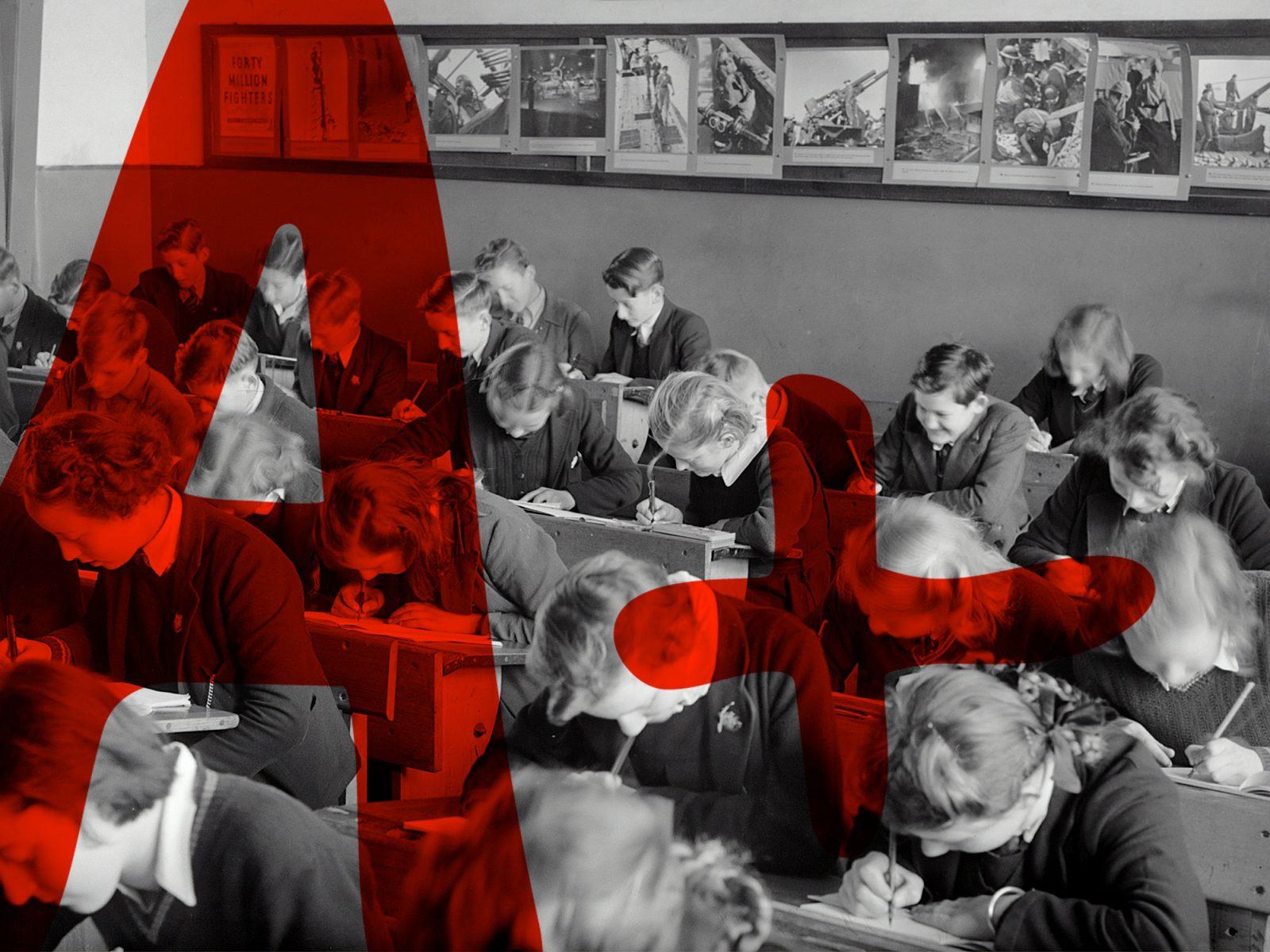



Anzib Rhaman • Feb 24, 2022 at 12:33 pm
Strong analysis! In addition to Chinese support, Russia being the 2nd largest producer of both natural gas & oil enables aggression (and perhaps encourages pushes for escalation from US oil interests who benefit from a lowered global supply) – Energy will be central to this conflict for its entirety
Luke Baco • Feb 24, 2022 at 12:19 pm
Very well written and informative, thank you.